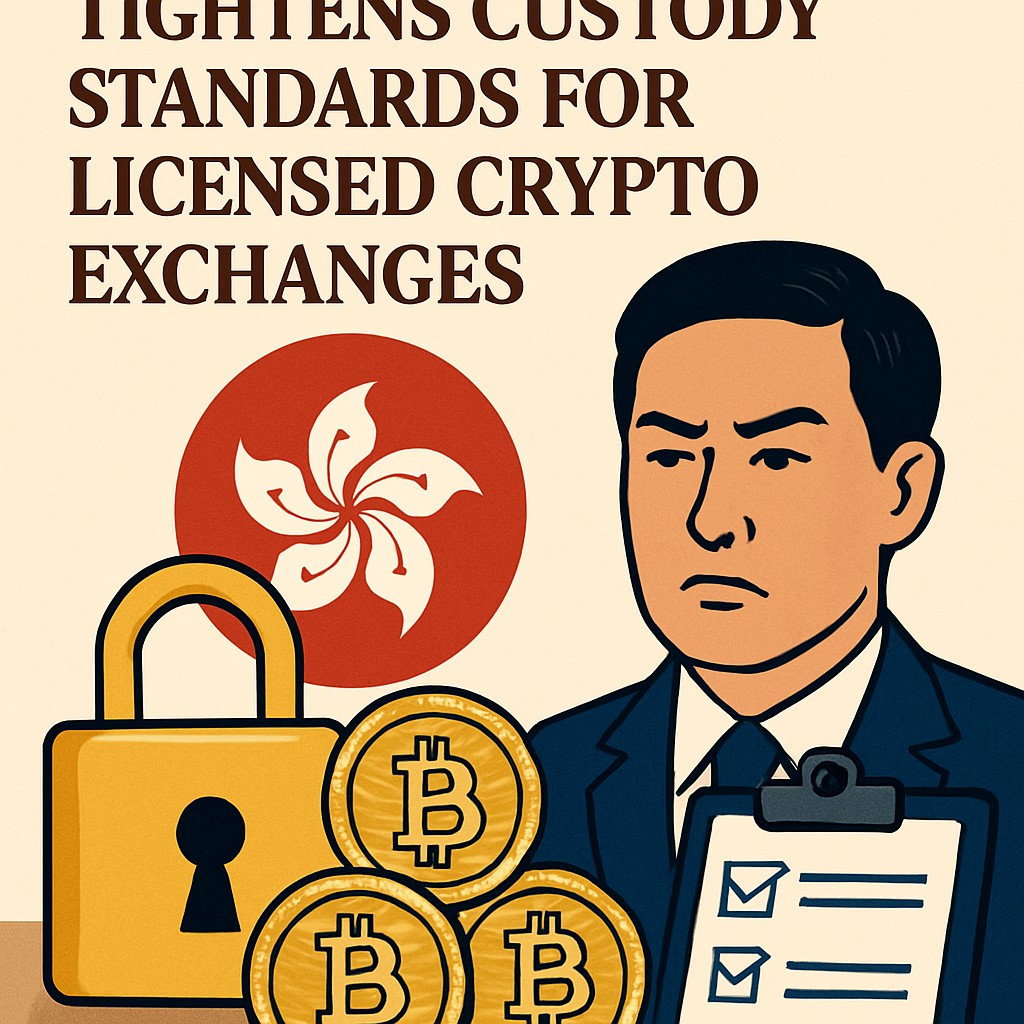Hong Kong’s Securities and Futures Commission (SFC) released a circular detailing enhanced custody requirements for licensed virtual asset trading platforms. The guidelines focus on senior management accountability, secure cold wallet procedures and continuous threat surveillance.
The updated standards represent the Infrastructure and Safeguards pillars of the SFC’s ASPIRe strategy, unveiled in February at Consensus 2025. The framework seeks to bolster asset protection while facilitating market expansion under robust oversight.
Key provisions mandate segregation of hot and cold wallet operations, requiring platforms to use multi-signature cold storage under direct control of senior officers. Real-time monitoring systems must detect and alert on unauthorized access attempts or anomalous transactions.
Senior management is held responsible for establishing governance policies, conducting regular cybersecurity drills and ensuring third-party custodial services meet strict security benchmarks. Written accountability statements must be filed with the SFC quarterly.
The new regime follows a targeted review earlier this year that uncovered “inadequacies” in certain exchanges’ cyber defenses. The regulator’s action aims to preempt asset loss events that could undermine investor confidence and financial stability.
By introducing uniform custody protocols, Hong Kong positions itself as a premier digital asset hub in Asia. The move differentiates its approach from neighboring jurisdictions, emphasizing both innovation and investor protection.
Industry reaction has been cautiously positive, with licensed exchanges acknowledging the need for stronger safeguards while urging clear implementation guidance. The SFC plans stakeholder workshops to clarify expectations and provide technical support.
Compliance timelines require licensed platforms to certify adherence within three months of the circular’s issue date. Non-compliant entities face potential license suspension, fines or revocation, reinforcing the regulator’s commitment to rigorous standards.

Comments (0)